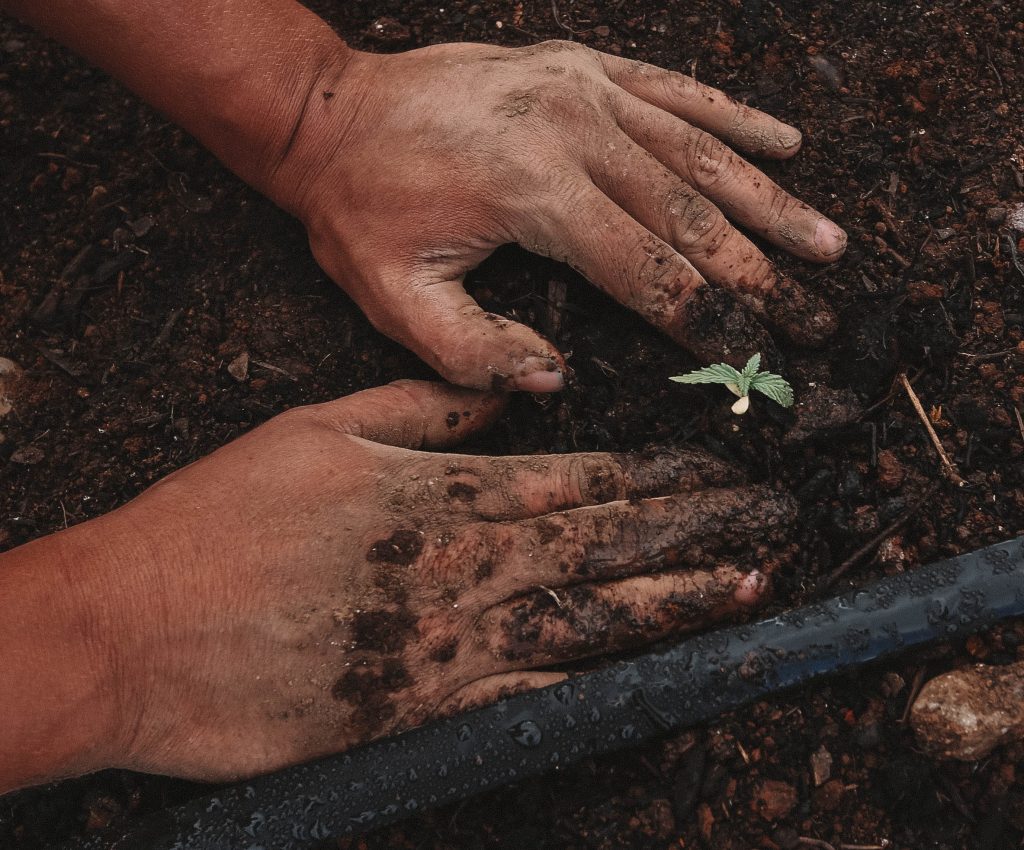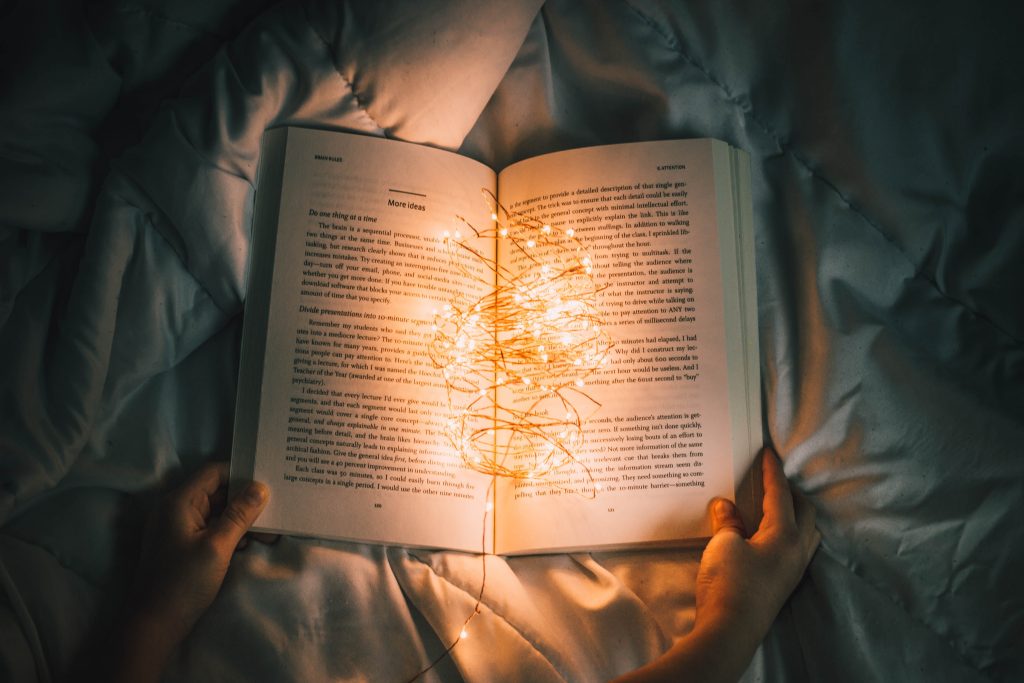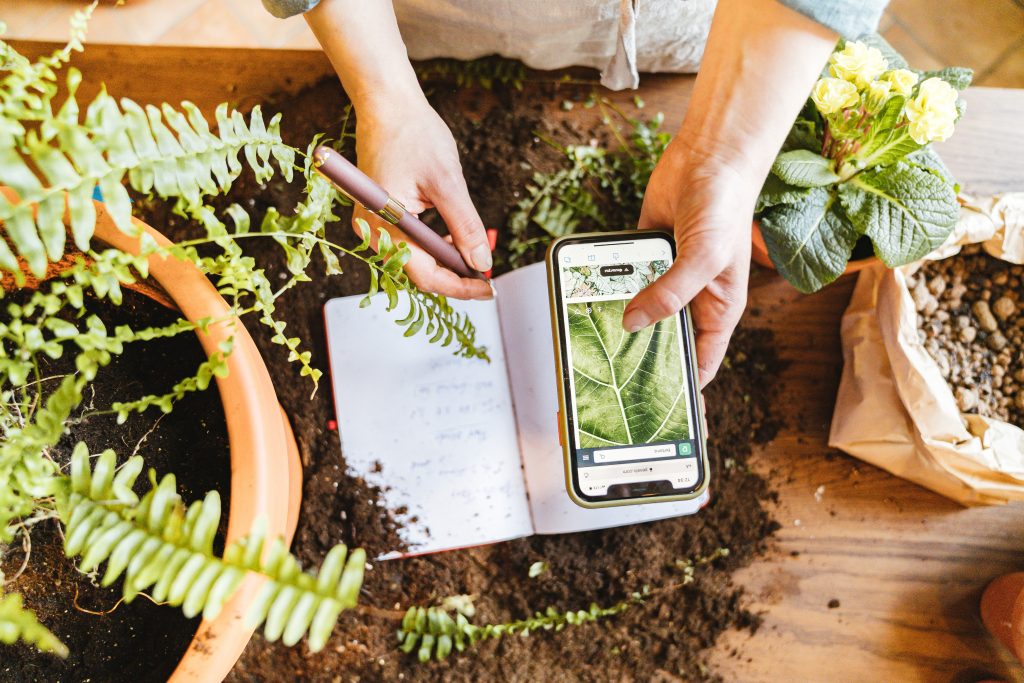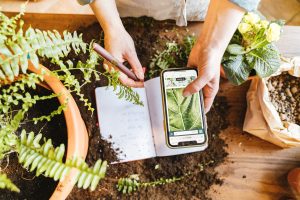Since the Rio Declaration, we have learnt that health and sustainability are connected. The BioMonitor project held a webinar last week, in which they investigate the bioeconomy’s potential contribution to our overall well-being and health. The bioeconomy has gained more recognition worldwide. We witnessed a growing number of countries, which are developing their own bioeconomy policies and strategies, with the European Union leading this path.
Global population growth, climate change and a reduced ecosystem resilience require an increased use of renewable biological resources, which are also beneficial for human health and the environment. The bioeconomy’s take on sustainability has been subject to criticism. Concerns have been raised about its competition and its social implication. It is therefore very important for us to ensure that the bio-based solutions are indeed sustainable.
Jointly organized by the BioMonitor project, the Sustainable Co-Production project and the International Consortium on Applied Bioeconomy Research (ICABR), the webinar took place on May 6 and is an official partner event of the EU Green Week 2021.The theme for this year’s EU Green Week is on ‘zero pollution ambition’, a goal that covers many policies in the EU such as the latest European Green Deal initiatives related to health and biodiversity. This virtual event gave BioMonitor an opportunity to raise awareness on how, in addition to affecting people’s health, pollution is one of the main reasons for the loss of biodiversity.
Invited speakers include BioMonitor project coordinator Justus Wesseler (Wageningen University), David Zilberman (UC Berkeley), Rafael Dulon (Hanf Farm), Inge Broer (University of Rostock), and Ursula Weisenfeld (Leuphana University). This event was moderated by Regina Birner (University of Hohenheim).
As stated by the European Commission in the updated Bioeconomy Strategy in 2018, “We live in a world of limited resources […]. We must improve and innovate the way we produce and consume food, products and materials within healthy ecosystems through a sustainable bioeconomy.” Justus Wesseler took this opportunity to discuss with other experts about the policy and strategy being developed by BioMonitor. Moreover, he addressed the importance of bioeconomy and circular economy, as both encompass in the great circle of the green economy. Altogether, these approaches will replace non-renewables with biological resources, minimize waste, and improve human well-being and social equity.
One of the road blocks within the European bioeconomy is the uneven footing of certain bio-based resources such as hemp and tobacco. Rafael Dulon stressed the topic of synergizing hemp and the bioeconomy. Hemp is a multichampion of bioeconomy with its many uses such as food, medicine, oil crop and its seeds, useful for feed and food. If hemp production is crucial in the process of bioeconomy, then an imminent change in regulations and policies in the EU is needed, and it will be beneficial for the development of new technologies.
Tobacco and its by-product Cyanophycin (CGP), are other sustainable products that possess many advantages. Firstly, being resilient in diverse climates, tobacco involves a large and cost-effective yield of biomass. Secondly, GCP production, has been already established in different bacteria, yeast and tobacco plants. Its cultivation can be easily upscaled using existing agricultural infrastructure and can produce biomass in a cost-effective, CO2 neutral way.
One of the take-away messages of this webinar is this: standards and ambition have increased in the EU. These will provide numerous investment opportunities for the bioeconomy, and to some extent, will reverse the bad impacts of climate change.
“There is an evident desire to move towards a renewable economy and, at the same time, retain our instinct to preserve, protect and conserve the planet,” exclaimed David Zilberman. But of course, change occurs as we evolve. Right now, we need to adapt, take calculated risks and act towards bioeconomy and sustainable development. The BioMonitor project is one of the steps that will help us move forward in the positive direction.
You can watch the recording of our webinar here and stay tuned by registering to our website as we have two more webinars lined up next month as we share with your our results and insights.





